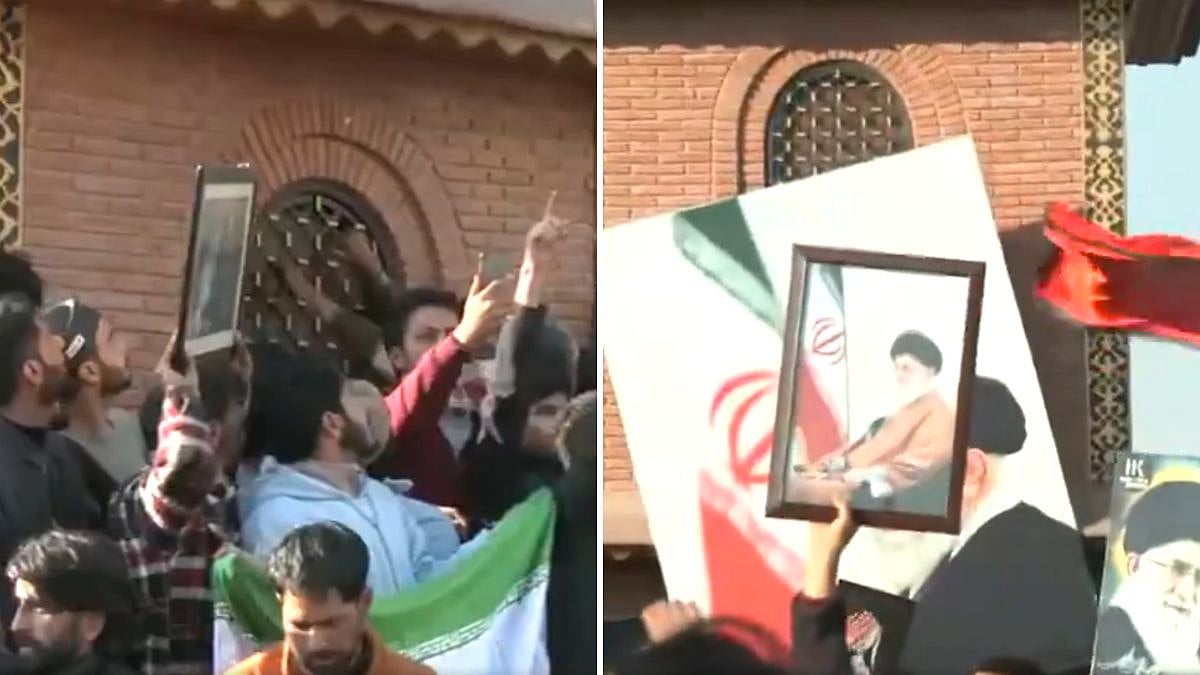Mumbai: Within hours of the Nagpur bench of the Bombay High Court acquitting on Tuesday former Delhi University professor GN Saibaba and four others in an alleged Maoist link case, the Maharashtra government approached the Supreme Court challenging the verdict. They were arrested between 2013 and 2014 by the Gadchiroli police.
Earlier in the day, the high court acquitted wheelchair-bound Saibaba and others – Mahesh Kariman Tirki, Hem Keshavdatta Mishra, Prashant Rahi Narayan and Vijay Tirki – observing that the prosecution had failed to prove its case beyond reasonable doubt. The high court also noted the sanction procured by the prosecution to charge them under provisions of the stringent Unlawful Activities (Prevention) Act (UAPA) was “null and void”. One Pandu Narote passed away pending hearing in appeal. Sanction of the authority appointed by the Central or state government as the case may be is mandatory for prosecuting a persons under UAPA.
“The prosecution has failed to prove beyond reasonable doubt the case against the accused persons,” a division bench of Justices Vinay Joshi and Valmiki SA Menezes said. It further added: “The prosecution has failed to establish any legal seizure or any incriminating material against the accused.”
The HC was hearing appeals filed by Saibaba and others challenging their conviction and sentences by the special court.
Quashing the trial court order, the HC said: “The trial court judgment is not sustainable in the hands of law. We therefore allow the appeals and set aside the impugned judgment. All the accused stand acquitted.”
The bench emphasised that due to improper sanction under UAPA, the entire prosecution is vitiated. “The entire prosecution is vitiated on account of invalid sanction to prosecute all the accused. The trial held despite the violation of mandatory provisions of law itself amounts to failure of justice,” the bench underlined.
Initially, the HC refused to stay the order for six weeks and asked the state to file an application for the same.
In the afternoon on Tuesdsay , the state filed an application for a stay on the verdict. Advocate General Birendra Saraf, appearing for the government, informed the bench that an appeal has been filed in the apex court, and sought a stay for a reasonable time.
The bench again turned down the request observing that it may affect the personal liberty of the accused persons who have been acquitted. It said an exhaustive judgment had been passed holding that the prosecution had failed to prove its case against the accused and acquitted them.
GN Saibaba Was Convicted In March 2017
On March 7, 2017, the Sessions Judge at Gadchiroli convicted the former professor and five others for offences under UAPA and criminal conspiracy.
The prosecution’s case against them was that they were active members of the banned terrorist organisation CPI (Maoist) and its formal organisation Revolutionary Democratic Front and were abetting and assisting hardcore underground cadre of CPI by providing information and material and facilitating the travel and relocation of members from one location to the other.
Saibaba and others challenged their convictions before the high court. The HC, on October 14, 2022, acquitted them observing that the trial against them was null and void in the absence of valid sanction under Section 45(1) of the UAPA. The court noted that the sanction to prosecute Saibaba under UAPA was accorded by the Maharashtra government after the trial began instead of before submitting the charge sheet, rendering the proceedings invalid.
Even then, the state government had approached SC but had failed to get a stay on acquittal.
In a special hearing held the next day (a Saturday), the Supreme Court then suspended the high court order discharging Saibaba and others observing that the “offences are very serious”. In April 2023, the apex court set aside the HC order and directed it to hear the appeals afresh.
Saibaba, who is wheelchair-bound due to physical disability, has been lodged in the Nagpur Central Jail since his arrest in the case in 2014.
Justice Rohit Deo, who headed the bench which first acquitted Saibaba and others, had resigned August 4, 2023, citing personal reasons. He was due to retire in December 2025.





